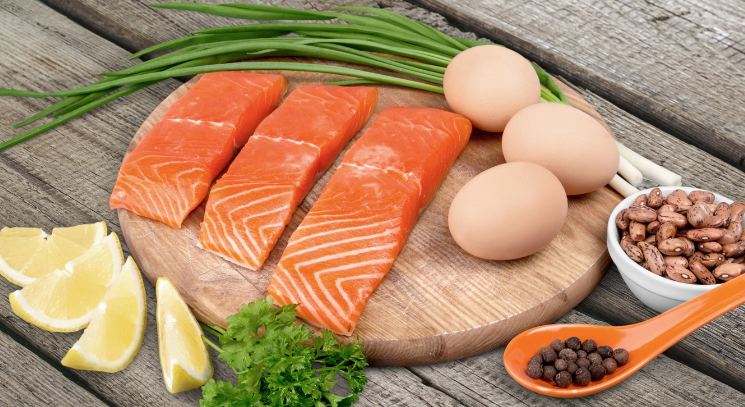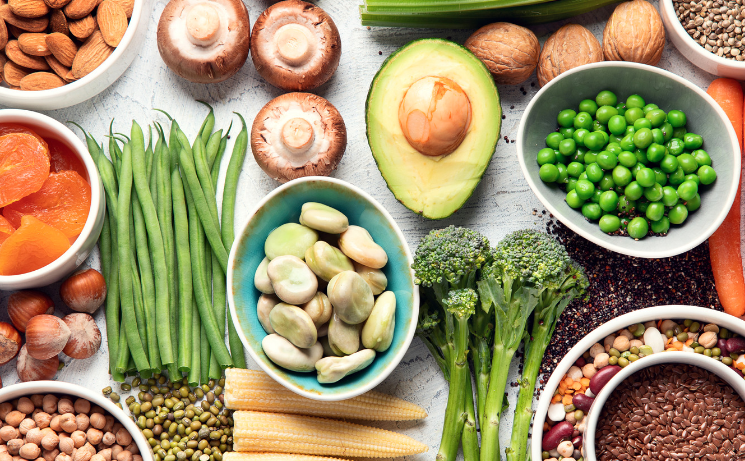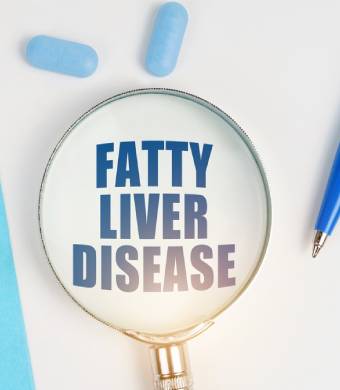
When constructing the perfect physique and achieving new heights of strength, the hours you spend in the gym are only one aspect. Between the steel plates and the battle ropes lies the vital element of nutrition – the fuel that will drive your body’s capacity to grow and recover. It also allows you to achieve its maximum performance.
Whether you’re a veteran lifter or embarking on a transformational fitness journey, understanding the crucial importance of nutrition in building muscle and recovery is essential. This article will go deep into the critical macronutrients, micronutrients, and eating habits that can accelerate your workout’s progress and unleash your body’s full potential.
The Principle of Protein Principle: Building Blocks for Growth Protein is undisputed the king of the building of muscles. These powerful macronutrients consist of amino acids. They serve as the essential elements for muscle development and repair. When you perform resistance training, it creates tiny tears in your muscle fibers. These Fibers’ recovery gets rebuilt and stronger than before, but only if you supply your body with sufficient protein.

Ensure you consume high-quality and complete protein sources, such as low-fat meats (chicken), fish, eggs, and dairy products. If you’re eating a plant-based diet, mix various sources such as lentils, beans, tofu, tempeh, and quinoa to get all the essential amino acids. For instance, a balanced meal could include grilled chicken breast, steamed broccoli, and a side of quinoa. The recommended daily protein intake for active people is 1.6 to 2.2 grams for every kilogram of weight, depending on your objectives and levels of activity.

Carbohydrates Fueling the Fire Protein is the building block for the growth of muscles. Carbohydrates function as the spark that ignites your workouts. When you train for resistance, your muscles rely upon glycogen (stored carbohydrates) as their primary energy source. If you don’t get enough carbohydrates, glycogen stores are depleted, leaving you exhausted and unable to perform at the highest level.
The Unknown Ally Healthy Fats is the quest for a lean and toned physique. It’s easy to forget the vitality of healthy fats. However, these nutrients have a crucial role to play in promoting the growth and recovery of muscles. Healthy fats, also known as unsaturated fats, are critical in producing hormones such as testosterone, aiding muscle growth and increasing strength. Examples of healthy fats include avocados, seeds, nuts, fish, fatty fish (salmon mackerel, sardines), and olive oil.
Furthermore, these fats assist in absorbing vitamin fat-soluble (A, D, E, and K), which improves overall health and helps in recovery. Include sources of healthy fats, such as avocados, seeds, nuts, fish, fatty fish (salmon mackerel, sardines), and olive oil in your diet for the advantages.
Timing is everything. Optimizing your Nutrient Intake and eating the right macronutrients is vital; timing your intake can significantly impact muscle-building. Post-workout time, also called the “anabolic window,” is an ideal time to start recovery and replenish energy stores.
Ensure you eat an appropriate meal or snack with carbohydrates, protein, and healthy fats for one- or two hours following exercise. This time-skilled approach can aid in maximizing muscle protein synthesis, essentially the process by which your body builds new muscle proteins. It’s like the construction phase of muscle growth, where your body uses the amino acids from the protein you consume to repair and build new muscle fibers.
Furthermore, spreading your protein intake throughout the day may help improve recovery and muscle growth. Instead of eating much protein at one dinner, break it across several mealtimes and snacks. This method ensures a constant intake of amino acids, improving their utilization and production.
Hydration is the Unsung Hero Proper hydration is often ignored, but it is a crucial factor in the recovery of muscles in general performance. Water is essential for the transport of nutrients along with joint lubrication, as well as the elimination of metabolic waste products produced in intense training. Inadequate hydration can lead to muscle cramps, fatigue, and impaired performance, so drinking enough water throughout the day is essential.
Try to drink plenty of water during your day and consider incorporating electrolyte-rich drinks, particularly during and following challenging exercise. These drinks can aid in replenishing vital minerals lost in sweat to support proper fitness and recovery.
The focus is the Supporting Cast macronutrients (protein carbohydrates, proteins, and fats). Micronutrients (vitamins and minerals) are essential to support the building process of muscles. These vital nutrients are involved in various bodily processes, such as the growth of muscles, repair, and energy production. For example, vitamin C is crucial for collagen synthesis, which is important for the structure and function of muscles. Iron is necessary for oxygen transport and energy production during workouts. Zinc is involved in protein synthesis, essential for muscle repair and growth.
Ensure your diet contains an array of nutritious, nutrient-rich foods such as green leafy vegetables, vibrant fruits and vegetables and seeds, nuts, and whole grains to satisfy your micronutrient requirements. Certain micronutrients like iron, zinc, and vitamin C are essential for active people and aid overall performance, health, and recovery.
Guidelines for macronutrients and calorie consumption are important benchmarks. However, it’s crucial to understand that everyone’s nutritional needs are unique. Your gender, age, level, body composition, and fitness goals all play a role in determining your dietary requirements. This flexibility allows you to tailor your nutrition plan to your specific needs, giving you the confidence to navigate your fitness journey easily.
Pay attention to your body’s signs, like energy levels, recovery times, and general performance. Adjust your nutrition intake in line with these signals, and don’t be afraid to seek advice from a certified dietitian or sports nutritionist. They will provide you with individualized recommendations specifically tailored to your objectives and your lifestyle.
The Road to Muscle Growth The path to muscle growth is consistent, and the ability to balance building muscle and supporting recovery requires dedication, consistency, and a sense of the ability to balance. While nutrition is important, it’s just one aspect of the whole puzzle. A consistent strength program, ample rest, and efficient stress management are all vital aspects of a productive fitness program.
Suppose you focus on proper nutrition and adjusting your diet to your objectives and requirements to maximize your training and get the results you’ve always wanted. Be aware that feeding your body with the proper nutrients isn’t just about looks; it’s about ensuring your overall health, performance, and endurance in training.
Be aware of the potential that nutrition can be a driver for developing and recovering muscles and witness your hard work at the gym turn into tangible, visible outcomes that show your commitment and dedication. Reaching your full potential starts with feeding your body by nourishing it from within.

Leave a Reply